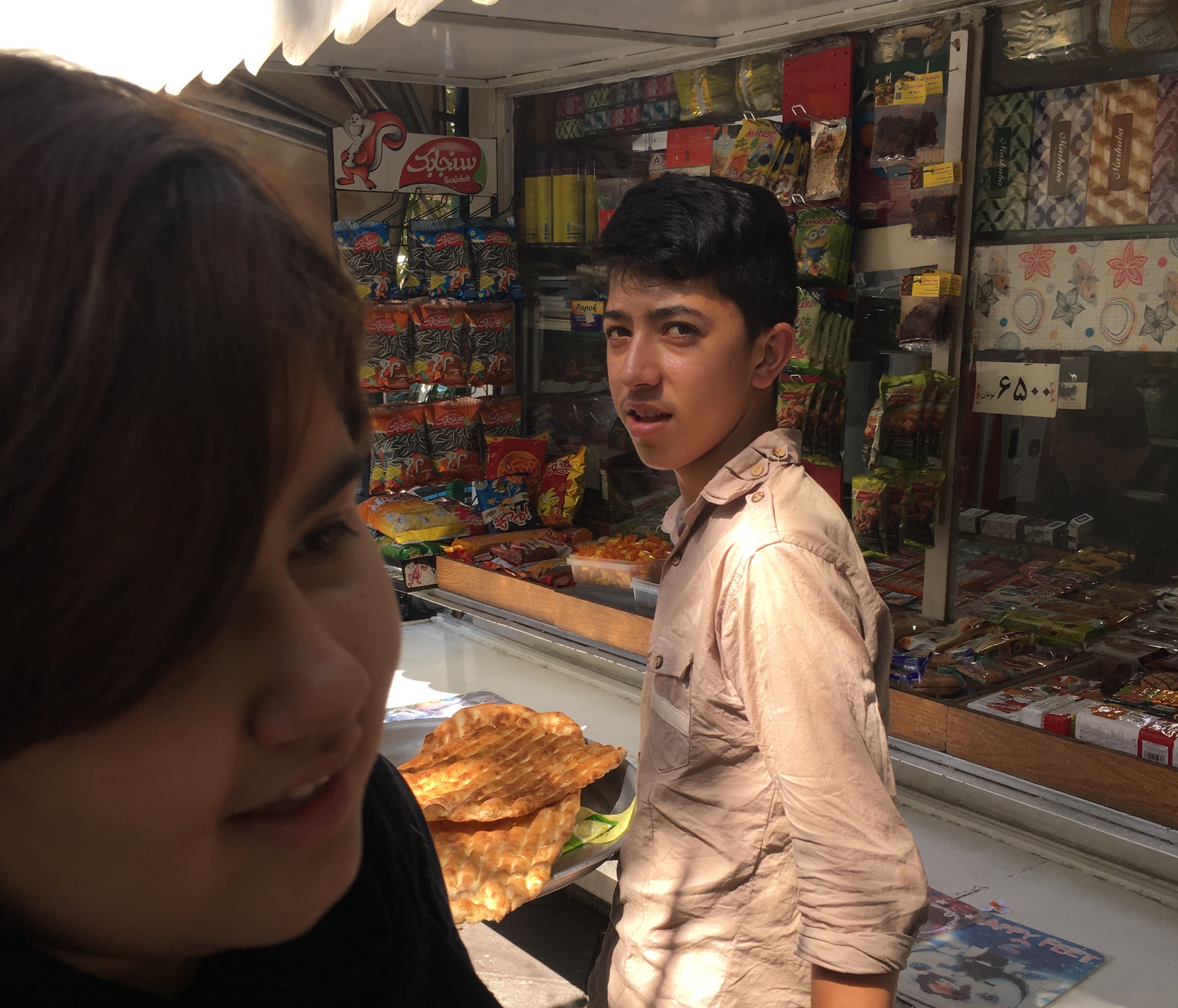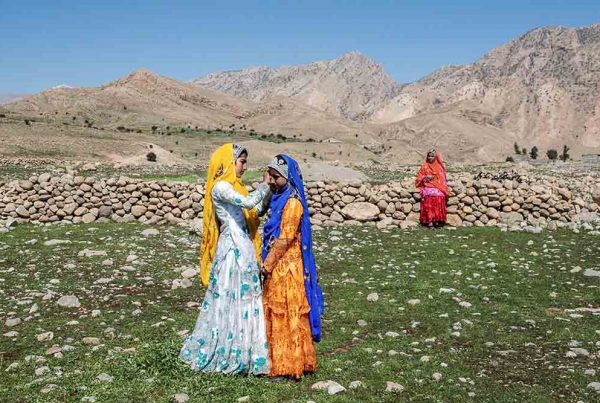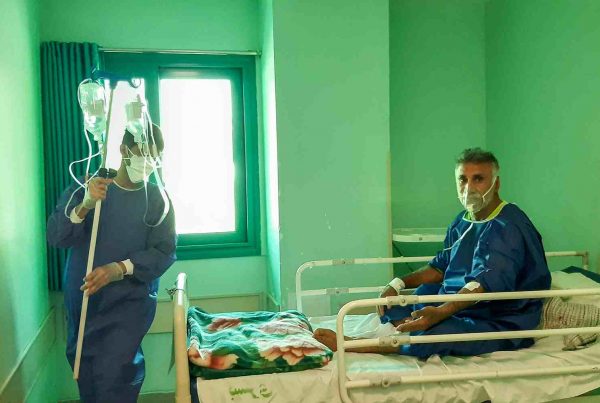
From psychological abuse at home for not being ‘financially productive’ to limited access to female hygiene products, economic sanctions have gendered impacts on women and men in Iran both. In conversation with our See You in Iran community on Instagram, which is not filtered in Iran, we asked, “How have the impacts of sanctions on Iran targeted you because of your gender (e.g. woman or man)?” Below are some highlights from the responses we received:
“Men project their economic failure onto women, like through street harassment and domestic/family violence.”
“As a man: hopelessness, limited job security, less income, postponing marriage.”
“The sidelining of and apathy towards policies regarding the social issues of women. Instead, economic issues, which are presented as being more ‘masculine,’ are now the focus.”
“From a financial and psychological perspective, a man cannot fulfill his family’s needs. Their consequent discontentment causes frustration.”
“I’m a photojournalist. In these circumstances, Iranian media prefers to use the works of male photojournalists and lessen their expenses. Next, because of sanctions international media outlets no longer commission Iranian photojournalists.”
“Sanctions have lessened the value of money and make women’s labor less valued and more susceptible to financial exploitation.”
“Since sanctions, I have not been able to buy tampons for when I’m on my period. I’ve a heavy flow, so not having access to tampons makes things difficult for me.”
This conversation with Iranians was inspired by a previous article on the gendered impacts of sanctions on women in Iraq as a part of our “Middle Eastern Women” event series. You can read this article (here).
Photo: Amin Behmanesh (A teenage boy working in Tehran)
از فشار روانی از طرف خانواده به خاطر «ناتوانی مالی» تا محدودیت دسترسی به محصولات بهداشتی بانوان، تحریمهای اقتصادی تاثیرات جنسیتی گوناگونی بر زنان و مردان در ایران داشته است. در گفتگویی که با همراهان See You in Iran در اینستاگرام داشتیم، از کاربران پرسیدیم: «تحریمهای اقتصادی ایران، چگونه شما را از نظر جنسیتی به عنوان مرد یا زن تحت تاثیر قرار دادهاند»؟ در ادامه تعدادی از پاسخهایی که از طرف کاربران دریافت کردیم آمده است:
«مردها احساس شکستشون رو از جهت اقتصادی روی زنها پیاده میکنند، مثل آزار خیابانی و خشونت خانگی»؛
«به عنوان یک مرد، ناامیدی، عدم وجود امنیت شغلی، کمبود درآمد، افزایش سن ازدواج»؛
«به حاشیه رفتن اهمیت طرح مسائل اجتماعی زنان در پی محوریت یافتن اقتصاد (که مردانه تصور میشود)»؛
«چه در بعد روانی و چه در بعد مادی، مرد بیپول نمیتونه نیاز خانوادهاش رو رفع کنه. نارضایتی خانواده موجب سرخوردگیه»؛
«من یک عکاس خبری هستم. در چنین شرایطی رسانههای ایرانی ترجیح میدن از عکاسهای مرد استفاده کنند و هزینهشون رو پایین بیارن. و نکتهی بعد به دلیل تحریمها رسانههای بینالمللی هم نسبت به گذشته ماموریت عکاسی به عکاسان ایرانی نمیدهند»؛
«فضای تحریمها باعث میشه که پول ارزش خودش رو از دست بده و از زنان به عنوان کارگر ارزان استفاده بشه»؛
«من از تحریمها به بعد نتونستم تامپون بخرم برای دوران پریود، خونریزی من زیاده و بدون تامپون سخت میگذره».
این گفتگو با کاربران ایرانی، با الهام از مقالهای با موضوع تاثیرات جنسیتی تحریمها بر زنان عراق در دههی ۱۹۹۰ صورت گرفت که به عنوان بخشی از کارزار رسانهای مرتبط با سلسله رویدادهای «زنان خاورمیانه» به قلم درآمده بود. برای خواندن این مقاله میتوانید (اینجا) را ببینید.
عکس: امین بهمنش (شاگرد قهوهخانه در چهارراه استانبول تهران)



